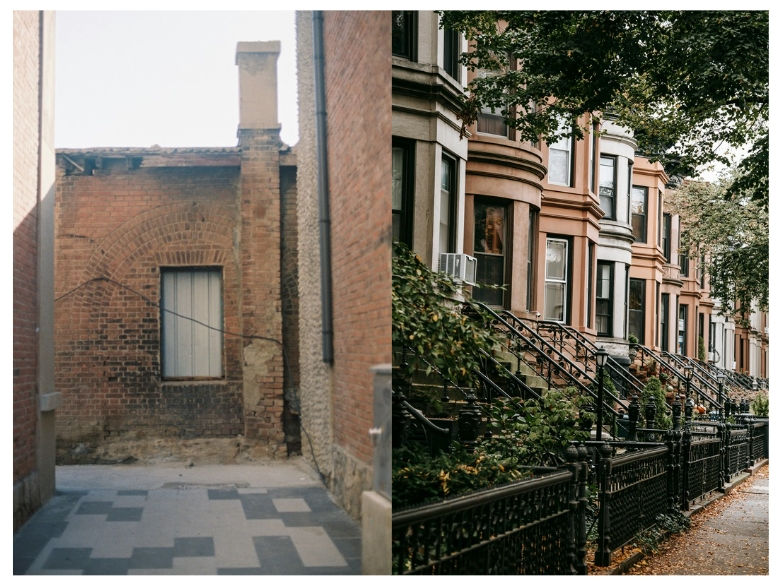Distressed Properties in NYC: A Hidden Opportunity for Smart Real Estate Investors
- gary wang
- May 28, 2025
- 2 min read
🏚️ What Is a Distressed Property?
A distressed property is any real estate asset under financial strain or in significant physical disrepair. These properties are often sold below market value because the current owner can’t maintain the mortgage, taxes, or upkeep—presenting potential investment opportunities for NYC buyers looking for undervalued assets.
Distressed properties may include:
Homes in foreclosure or pre-foreclosure
Properties with tax liens or legal judgments
Buildings in neglected physical condition
Inherited or estate-sale properties with motivated sellers

🧠 Why NYC Investors Should Care About Distressed Properties
New York City’s real estate market is competitive and expensive. Distressed properties can offer a way in for new investors by:
Lowering entry price points
Creating value through renovation
Providing access to off-market deals
Generating higher ROI if repositioned correctly
These opportunities often come with risk but also significant upside potential when approached strategically.
🏚️ Types of Distressed Properties in NYC
There are several ways a property can become “distressed”:
1. Financial Distress
Foreclosures or pre-foreclosures
Tax lien sales
Short sales (seller owes more than home is worth)
Probate or estate sales
2. Physical Distress
Code violations or DOB stop-work orders
Fire, water, or mold damage
Long-term vacancy or abandonment
🛠️ How to Find Distressed Properties in NYC
Sourcing distressed properties requires creativity and persistence:
Public Records: Use NYC ACRIS for foreclosure or lien information
Auction Platforms: Check county auctions and online services like Auction.com
Zoning & Violation Databases: NYC DOB violations can hint at neglect
Networking: Build relationships with probate attorneys, wholesalers, or REO agents
🗺️ Pro Tip: Neighborhoods undergoing rezoning or gentrification (like parts of the Bronx or East New York) often have untapped distressed inventory with strong upside potential.
📈 Pros and Cons of Investing in Distressed Properties
Pros | Cons |
Below-market acquisition price | Repairs and renovations can be extensive |
Less competition in off-market deals | Title or legal issues may complicate closing |
Higher equity potential | Financing can be more difficult |
Tax advantages through depreciation | May require full cash purchase or hard money loan |
💡 What to Know Before You Buy
If you're considering investing in a distressed property in NYC, do your homework:
Run the numbers: Factor in repair costs, vacancy, legal fees, and holding time.
Inspect thoroughly: Hire an inspector familiar with older NYC building systems.
Title search: Ensure there are no hidden liens or encumbrances before closing.
🚨 Tip: Consider partnering with a contractor, architect, or local attorney who understands NYC building code, zoning, and permit issues.
🏁 Is Distressed Property Right for You?
Distressed property investing in NYC isn’t for everyone—but for those willing to take on the challenge, it can unlock substantial returns. These properties offer a way to enter high-value neighborhoods, build equity, and reposition neglected spaces into profitable assets.
Start small, build a team you trust, and treat every distressed property as a puzzle with a profit at the end.



Comments